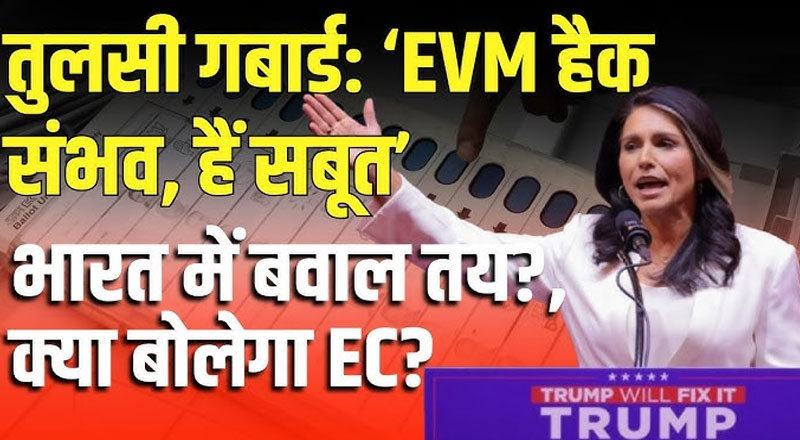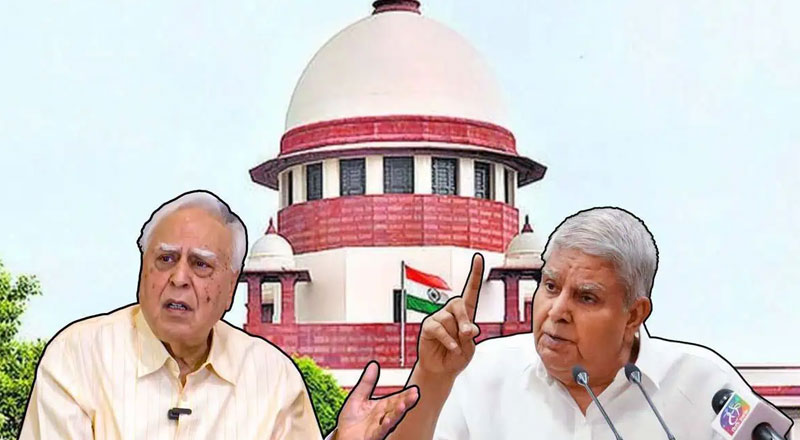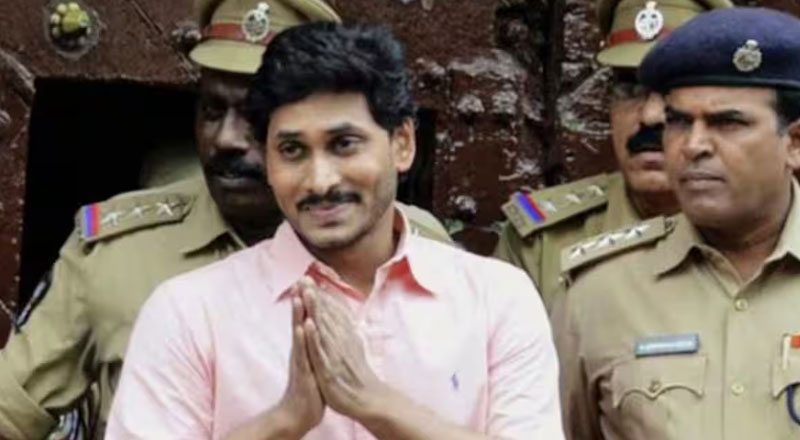A controversy has erupted over the security of Electronic Voting Machines (EVMs), with former US Congresswoman and Director of National Intelligence (DNI), Tulsi Gabbard, raising concerns about their vulnerability to hacking. This has prompted a strong rebuttal from India’s Chief Election Commissioner (CEC), Gyanesh Kumar, who asserted the EVMs’ absolute safety and tamper-proof design.
Gabbard’s claims, reportedly made during a Cabinet meeting, highlighted significant security flaws that could allow hackers to manipulate election results. She advocated for a shift to paper ballots, citing evidence obtained by her office.This has led to calls for investigations into EVM security.
In response, CEC Gyanesh Kumar emphasized that Indian EVMs, manufactured by public sector undertakings (PSUs), undergo rigorous legal scrutiny. He stressed their standalone nature, stating they are not connected to Bluetooth or infrared, effectively eliminating the possibility of remote tampering. “In India, EVMs made by PSUs were used, and on these machines, legal scrutiny had been done, and the EVMs of India cannot be connected to Bluetooth infrared, and so it is not possible to tamper with them,” Kumar stated.
The CEC further highlighted the verification process involving Voter Verifiable Paper Audit Trail (VVPAT) slips. “India’s EVMS are tamper-proof, five crore VVPAT slips have been counted, and no discrepancies have been reported. We want to assure the voters of India that the EVMs are completely safe,” he reiterated.
The controversy gained political traction when Congress leader Randeep Singh Surjewala questioned the silence of the Election Commission of India (ECI) and the central government on Gabbard’s allegations. He called for the Supreme Court to take suo moto cognizance of the matter, emphasizing the importance of free and fair elections.
Surjewala pointedly asked, “Why are PM, NDA Govt & BJP ‘mum’?” and questioned the ECI’s response, accusing them of “planting ‘source-based stories'” instead of addressing the core concerns. He also highlighted Gabbard’s recent felicitation in India, questioning the dismissal of her statements.
The Congress leader further urged the government to engage with the US government and Gabbard to gather detailed information on the alleged vulnerabilities and conduct thorough testing of Indian EVMs. He stressed the need for transparency and accountability in the electoral process.
The Indian Election commission has consistently defended the integrity of EVMs, citing technical safeguards and procedural checks. However, opposition parties have periodically raised concerns about potential vulnerabilities, demanding greater transparency and verification. The debate over EVM security remains a contentious issue in Indian politics, with calls for increased scrutiny and public assurance.





